LES: How do you manage to be a poet, a priest, a song writer and musician, a scholar, a husband and father, a friend to many and still keep a sense of what is core and central to who you are personally?
AMG: At best, all these different roles are complementary, and mutually supportive, and often they are; the call to be a poet supports the songwriting on the one hand, and the priestly call on the other, especially in preaching and liturgy, the scholarship feeds the poetry and poetry, I hope, gives the kiss of life to scholarship, and all the personal roles as husband father and friend, the stuff of ordinary and extraordinary life, are themselves both the subjects of poetry and song and also of course the very medium in and through which priesthood is exercised. That’s ‘at best’, and of course it’s not always ‘at best’. At worst these roles tangle and confuse and pull one another apart, engaging in one feels like stealing time from the other in a welter of competing claims as to what is ‘core’ and what is ‘distraction’. So, as your question rightly suggests I have to stay in touch with who I am personally, with being one and the same person in all these different roles, with staying true to my core vocation. Learning to do that is a matter of balance and discernment, and balance and discernment are two things we keep losing and having to find again.
LES: Why not be content with being a professor or a priest?
AMG: When I was first ordained I did in fact lay aside both Academia and writing poetry for about seven years in order to concentrate on and learn deeply my priestly vocation, and life in my parishes was totally absorbing and demanding so it felt right to let the other fields lie fallow. But after seven years I was given a mini ‘sabbatical’ for three months, and in that time the desire, indeed the deep need, to re-engage with poetry, both reading and writing became over whelming, and out of my intense reading in that period arose the whole vision for what became Faith Hope and Poetry, so in that sense academia also re-emerged. But poetry and intellectual life were given back to me transformed, as an unexpected gift from God, and no longer in competition with the priestly vocation. I think there is a principle of letting go to receive, of death and resurrection, at work here. If I hadn’t given them up they might have become idols but now I receive them not as in competition with my Christian and priestly vocation, but as part of it.
LES: How do you balance poetry, rock and roll, and being priest – three seemingly completely different areas of creative life? And then how do you balance the walk of creativity and the reality of daily life – the interweaving of the mundane, the wearying, even the dark parts of life with the creative call and promise?
AMG: Well, of course I don’t always succeed in balancing it! Sometimes one or other of the spinning plates crashes to the ground and there is a bit of a mess. Most of the time though I’d say it’s all made possible by the fact that all those three things; Poetry. Rock and roll, and being a Priest, necessarily involve receiving as well as giving. They are all about something that comes through you, rather than something that comes from you. You can’t write poetry without reading it and to be a poet is to belong to a community of writers over time, a tradition. It involves drawing from very deep wells before you can have anything to pour out yourself and those deep wells, in the poetic tradition are profoundly refreshing to both soul and body. Likewise Rock’n’roll begins with listening, with being uplifted, enchanted and energized by a certain kind of music, so much so that your feet can’t keep still and you want to jump up and make that kind of music yourself. So again, you may expend energy and be drained playing the music but you are also re-charged at the same time. And I must say there have been times when I have been fed up with the narrowness, the stuffiness and false respectability of some ‘church culture’ and getting out with Mystery Train to tear the house down on a Saturday night with the amps turned up to ‘11’ has been exactly what I needed. And finally of those three, ‘being a priest’ is the one that is most completely about receiving, about things coming through you, not originating in you. Two bits of poetry come to mind if I try to describe what that’s like. One is from a George Herbert poem called The Windows:
LORD, how can man preach thy eternall word ?
He is a brittle crazie glasse :
Yet in thy temple thou dost him afford
This glorious and transcendent place,
To be a window, through thy grace.
Even when we are at our most brittle and ‘crazed’ something can come through and we ourselves are warmed and illuminated by the passage of that light. The other passage is really a phrase from a Seamus Heaney poem, the Harvest Bow. In this poem he describes a harvest bow, plaited slowly by his father, which he still keeps on the dresser after his Father’s death, and at the end of the poem he says:
The end of art is peace
Could be the motto of this frail device
That I have pinned up on our deal dresser—
Like a drawn snare
Slipped lately by the spirit of the corn
Yet burnished by its passage, and still warm.
There’s something about that final image of the dry plaited bow left burnished and warm by the passage of the Divine that resonates with me.
LES: In every life shadows fall. None of us escape the effects of living in a fallen world or carrying out our lives in gradually decaying bodies. None one lives in a world that is sunlit and happy all the time. However, it is a long observed pattern that creative people seem to wrestle more with those shadows than others. I don’t know if that is always true but I do know that I have never met anyone given to being a creative person that did not have lifelong burdens and shadows to overcome, often in the very process of creating.
How do you overcome the difficulties you encounter in your own life and reconcile their reality with the beauty that you also must bear witness to? How is it that you are able to see what is bitter and not what it ought to be and yet be able to also witness the Beauty that is beyond it?
AMG: You are certainly right about the burdens and shadows, and right to say that a creative vocation seems to involve a particular kind of exposure and vulnerability to periods of darkness and depression. I think there are several important truths to notice here. The first is that sometimes tears and grief are the right, and indeed, only possible response to things. The Bible is full of tears and outpourings of grief, and there is no promise that we will not shed them, only that one day God himself will wipe the tears from our eyes. And He can only do that because as a human being He has shed them himself, and knows from the inside what the depth of our agony can be. So there is a proper place for the depiction of suffering and the expression of bitterness in Art as in life. We don’t need some anodyne sugary literature saying peace, peace, when there is none. But it is also true that the agony in the Garden and Good Friday are not the end of the story. ‘Love is come again like wheat that springeth green’, and Love has the last word. If a poem is to be true it must somehow be adequate to both these dimensions, and it maybe necessary therefore for the poet to experience both extremes, both the highs and the lows unalloyed. However, it sometimes happens that we go beyond an imaginative empathetic experience of the darkness and difficulty of life, and instead we get trapped in it. We fall into a pit and cannot rise out of it by our own strength. Then we must not be afraid to call for and receive help, both human and divine.
LES: How do you wage war against the darkness and the visits from the ‘black dog’?
AMG: Yes, it was Samuel Johnson who called it that, and Churchill, amongst others, followed suit.
In my experience it’s sometimes best to let the black dog lie out there on the edge of the fire-lit circle, and maybe even sometimes take him for a walk, rather than wage all out war, which may just strengthen him. The main thing is not to feed him. He likes to be fed with guilt and anxiety, any number of impossible or self-contradictory tasks and goals, that sort of thing. Time off, a good balance between structured and unstructured time, social time and solitude, these all help to keep him at bay. Contact with the earth, with all things green and growing, with flowing water, being afloat, these things all help me. In the end though it’s sometimes just a question of gritted teeth and the courage to endure.
That’s when having a companion who understands, and knows there’s no easy fix really helps. The best picture of that for me is the moving scene in the Lord of the Rings when Sam realizes that, however much he wants to, he cannot actually carry Frodo’s burden for him, or relieve him of it, but then he suddenly sees what he can do and says ‘If I can’t carry the burden, at least I can carry you’ and when Frodo can no longer even crawl he lifts him on his shoulder and carries him. So even though Frodo is still weighed by his burden, his sight, darkening, he knows there is someone there with him, someone taking practical care, helping him to inch forward on the journey.
LES: A perennial theme in your work is your welcome nod of acknowledgment to old things pagan that are steeped in a foretelling kind of beauty, something you share in kind with both C.S. Lewis and J.R.R. Tolkien. You allude to this in your wonderful piece In Drear-nighted December, begin to explore it in your comments in your Chaplain’s letter with remarks on “The Old Names” and openly explore it in your song The Green Man.
How do you see pagan language and literature working as a foreshadowing of the Good, the True and the Beautiful that is realized and revealed in Christ? What is it about the old things, the ancient stories and words that draws you?
AMG: Well of course the word pagan originally derives from the Latin word ‘pagus’ meaning a field, the pagans were the country people, living in the fields (Just as heathen in English originally means, from the heath, a heath dweller) and so there is that link with the earth and the countryside, with rootedness in the soil, something of the good earth, a link and connection we all need, and never more so than in the present age. But the good earth doesn’t stay good, it doesn’t blossom and become fruitful, until it receives the light of the sun and ‘the gentle rain of heaven’. I think, as you yourself have suggested, that the pagan traditions were a kind of beautiful but incomplete preparation for and foreshadowing of the fulfillment that was to come, in the fullness of time, with Christ, who comes down to us like dew upon the field and rises like the sun. Christ is more than Apollo but he is not less than Apollo, He is more than Pan, but he is not less than Pan. And every good thing that was foreshadowed in Pan must be fulfilled in Christ, which is why even the old stories of Pan himself can still kindle our hearts for Christ. This seems to have been St. Paul’s understanding when he went to the Areopagus (Areo-Mars, Pagus- Field!) in Athens and saw the statue of the unknown God and said, ‘He whom you worship without knowing, him I preach.’
Now of course, as Paul rightly goes on to say, now we have Christ we can read and see the old stories in a new light, and that new light will fulfill some things which were always of God in the old Way, but it will also expose, judge and, if we let it, heal, what was dark and unhelpful. CS Lewis expresses all this very beautifully in Prince Caspian where the river god asks Aslan to free him from his chains and Aslan summons Bachus whose vines break the bridge, and then, if you remember the girls have a glorious romp with Bachus and the maenads but at the end, when they are collapsed in a happy heap Lucy says that was fun but I shouldn’t have felt quite safe with Bachus and his fierce maenads if Aslan hadn’t been there ‘ and Susan says ‘I should think not!’ (I am quoting from memory. I notice that this was strong meat- teaching for adults –Walden Media couldn’t cope and omitted it from the film!)
There is also a particular reason why a poet needs to have an inclusive and redemptive account of the pagan past, and that is simply because so much of the great poetry on which we draw and which forms our mind and culture was written by Pagans! There is a long tradition of reading Virgil in particular, in the Light of Christ. His fourth eclogue, in particular seems almost a prophecy of the coming of Christ, and Dante, who always honours Virgil, makes him a companion and guide to Christian souls on their journey, though he also makes it clear that because Virgil is a pagan he can only take us so far, but not ultimately to the end of our journey, that needs Christian faith and grace, and that of course is where Beatrice comes in.
Follow this interview with Malcolm Guite to Part 3!
Blessings!
Lancia E. Smith is an author, photographer, business owner, and publisher. She is the founder and publisher of Cultivating Oaks Press, LLC, and the Executive Director of The Cultivating Project, the fellowship who create content for Cultivating Magazine. She has been honoured to serve in executive management, church leadership, school boards, and Art & Faith organizations over 35 years.
Now empty nesters, Lancia & her husband Peter make their home in the Black Forest of Colorado, keeping company with 200 Ponderosa Pine trees, a herd of mule deer, an ever expanding library, and two beautiful black cats. Lancia loves land reclamation, website and print design, beautiful typography, road trips, being read aloud to by Peter, and cherishes the works of C.S. Lewis, J.R.R. Tolkien, and George MacDonald. She lives with daily wonder of the mercies of the Triune God and constant gratitude for the beloved company of Cultivators.
Leave a Reply
A Field Guide to Cultivating ~ Essentials to Cultivating a Whole Life, Rooted in Christ, and Flourishing in Fellowship
Enjoy our gift to you as our Welcome to Cultivating! Discover the purpose of The Cultivating Project, and how you might find a "What, you too?" experience here with this fellowship of makers!
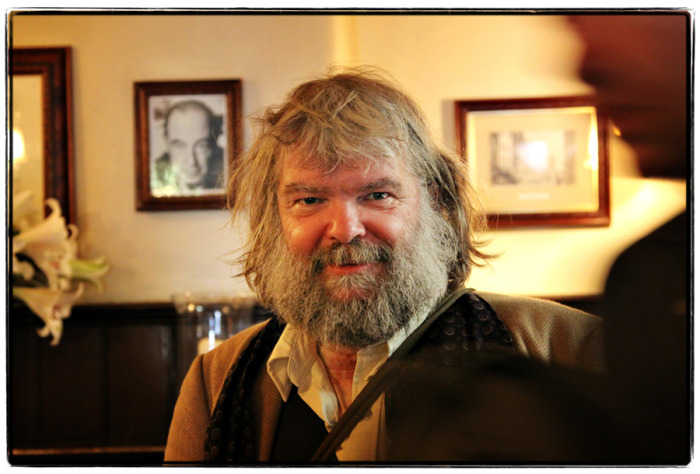
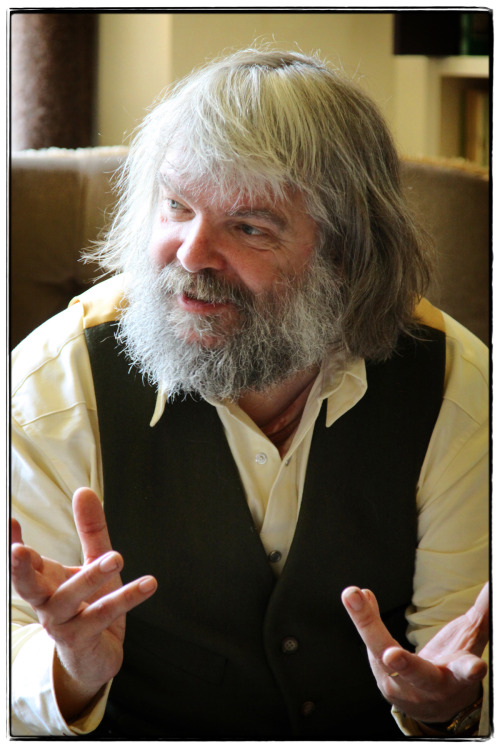
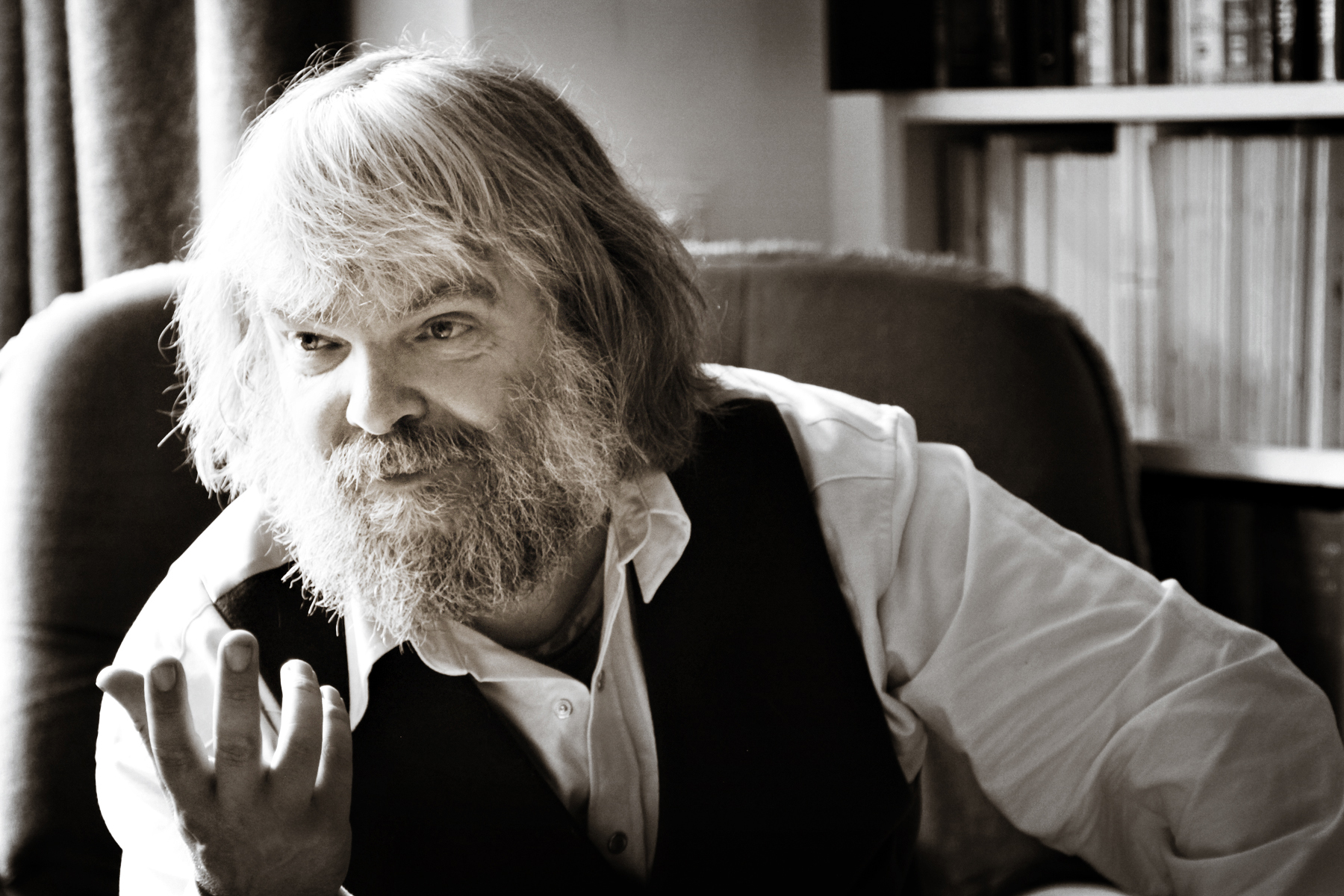
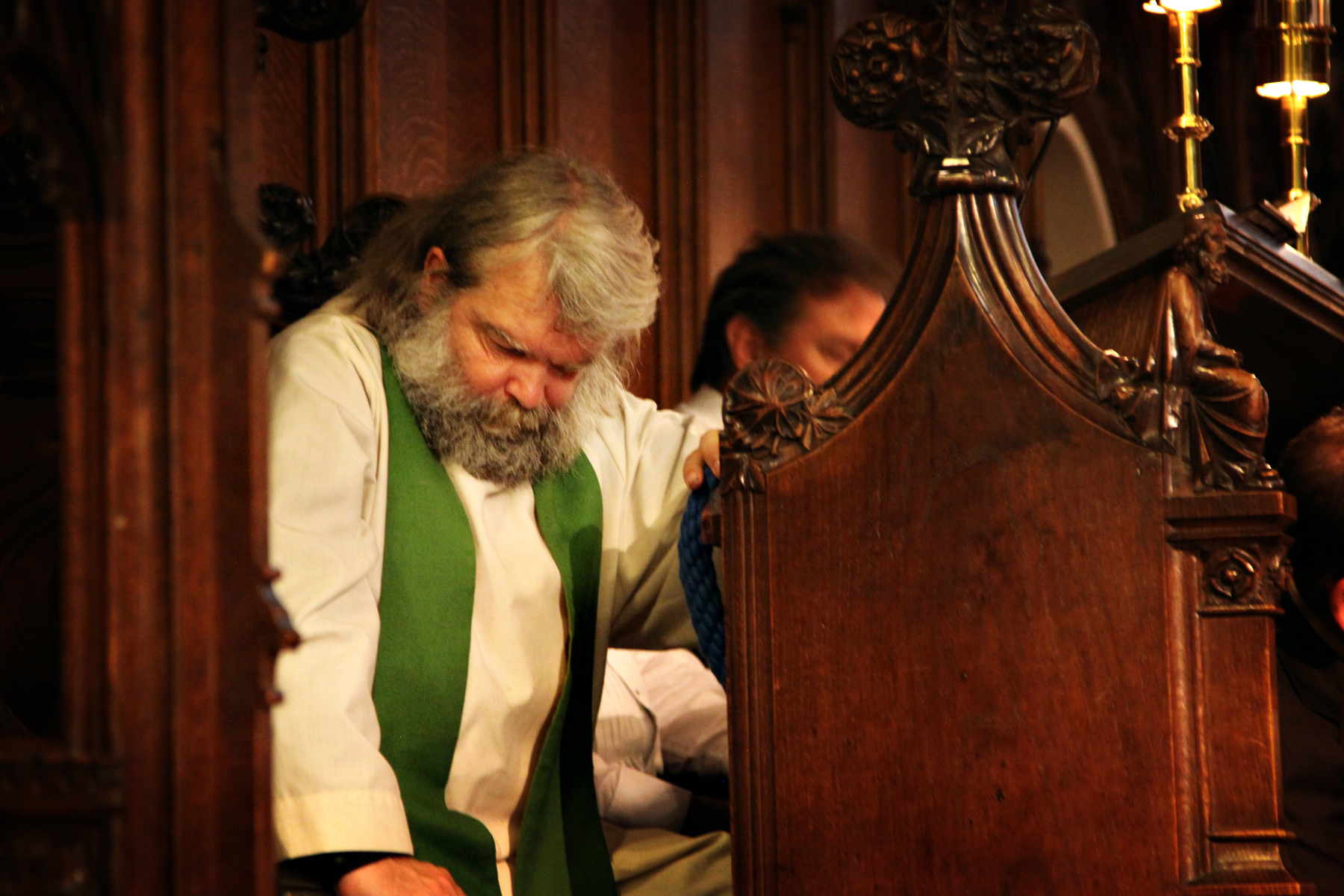
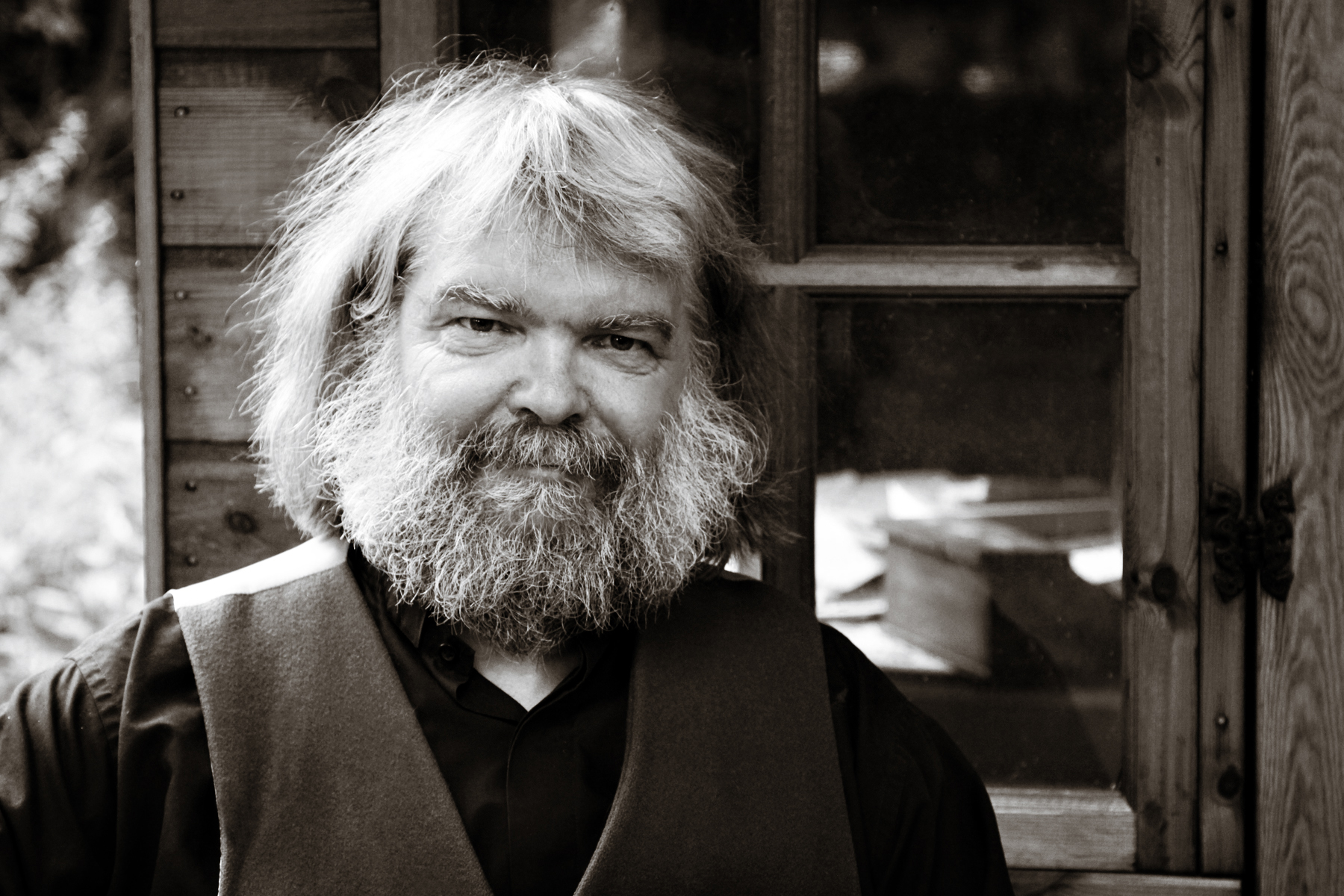
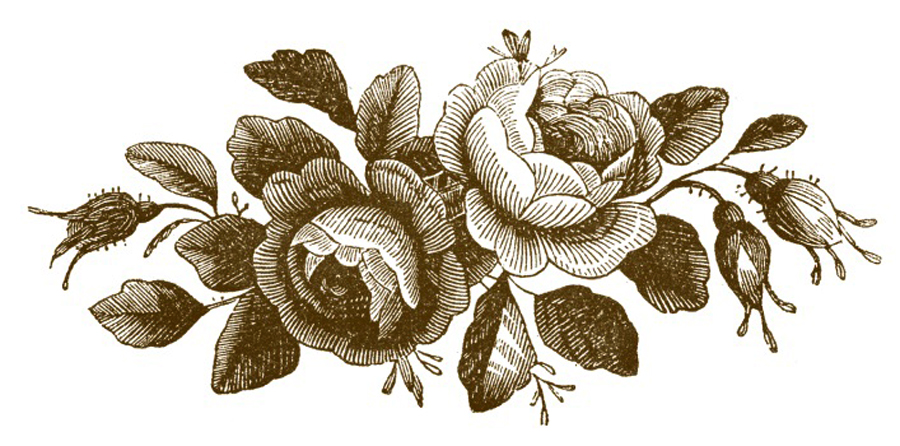
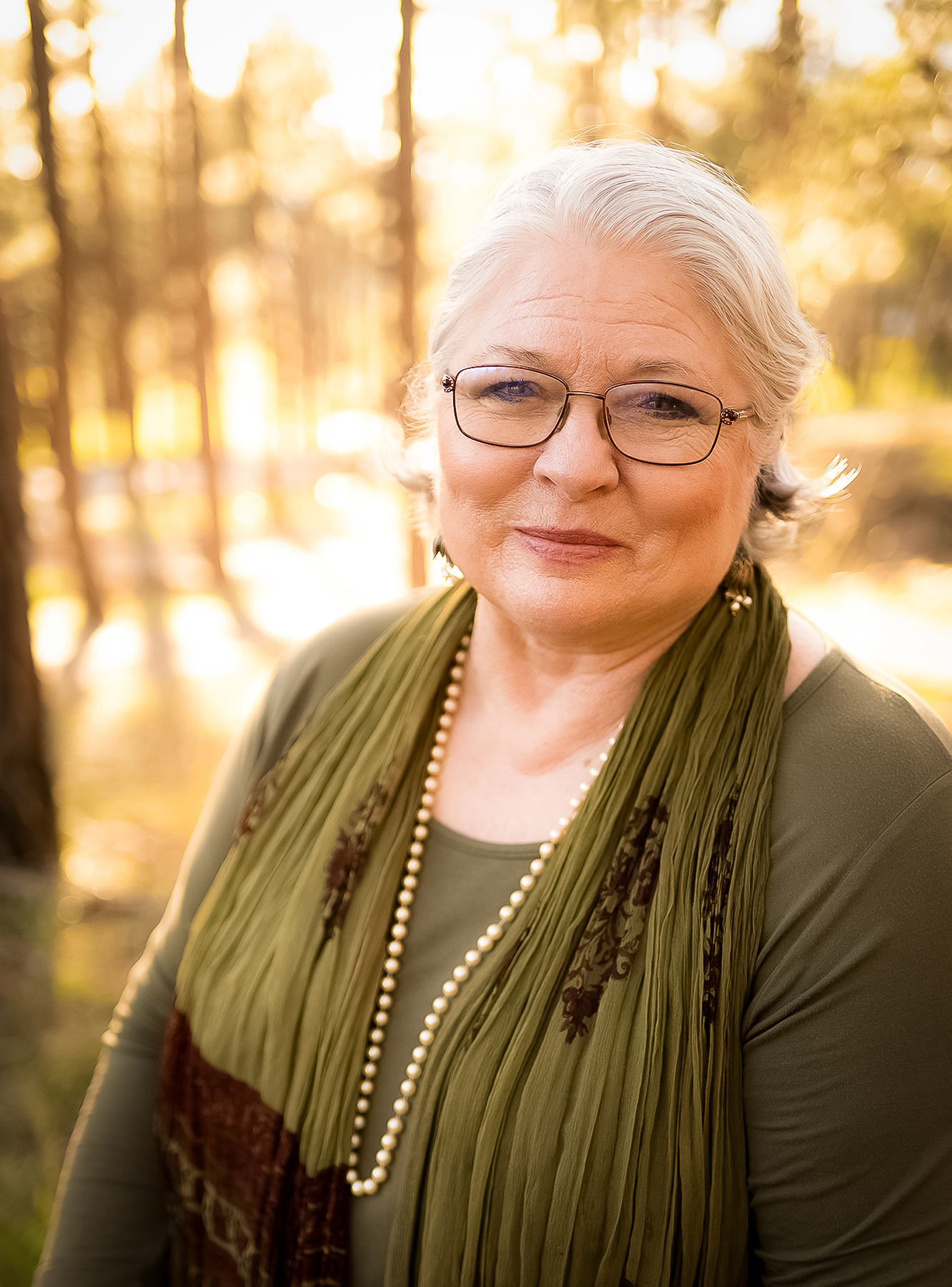
[…] Guite puts it quite well (in an interview by Lancia Smith: you should read the whole thing). He is speaking specifically about poetry, but his words ring true for film as […]
Another treasure trove of insight and wisdom so rich that I will read it over and over. Malcolm’s comments on visits from the “black dog” are brilliant.
I agree, Carolyn. His comments on the “Black Dog” are brilliant and so very helpful for those of us who struggle with that visitor. Thank you for your kind words and for your comment!!
Holly, thanks! I heartily agree about the pertinence of his remarks on poetry here equally applying to film and indeed all great art.
Wonderful read! Thank you for sharing.
Heather — thank you so much! I love your website, by the way! 🙂
Thank you for these lovely interviews with Malcolm Lancia; yes I also find Malcolm’s thoughts on the *black dog* most helpful and interesting. Particularly the reminder not to feed him with guilt and anxiety 🙂 – and also; the importance and certain sanctity of ‘contact with the earth, with all things green and growing, with flowing water’.. which brings healing and refreshing. That scene at the end of Return of the King is indeed most beautiful, where Sam carries Frodo. It makes me think a bit on the Footprints poem also; that Jesus carries us when we cannot go a step further.
[…] here for Part 2 and Part […]
[…] 2012 Interview with Malcolm Guite Part 2 […]
[…] 2012 Interview with Malcolm Guite Part 2 […]